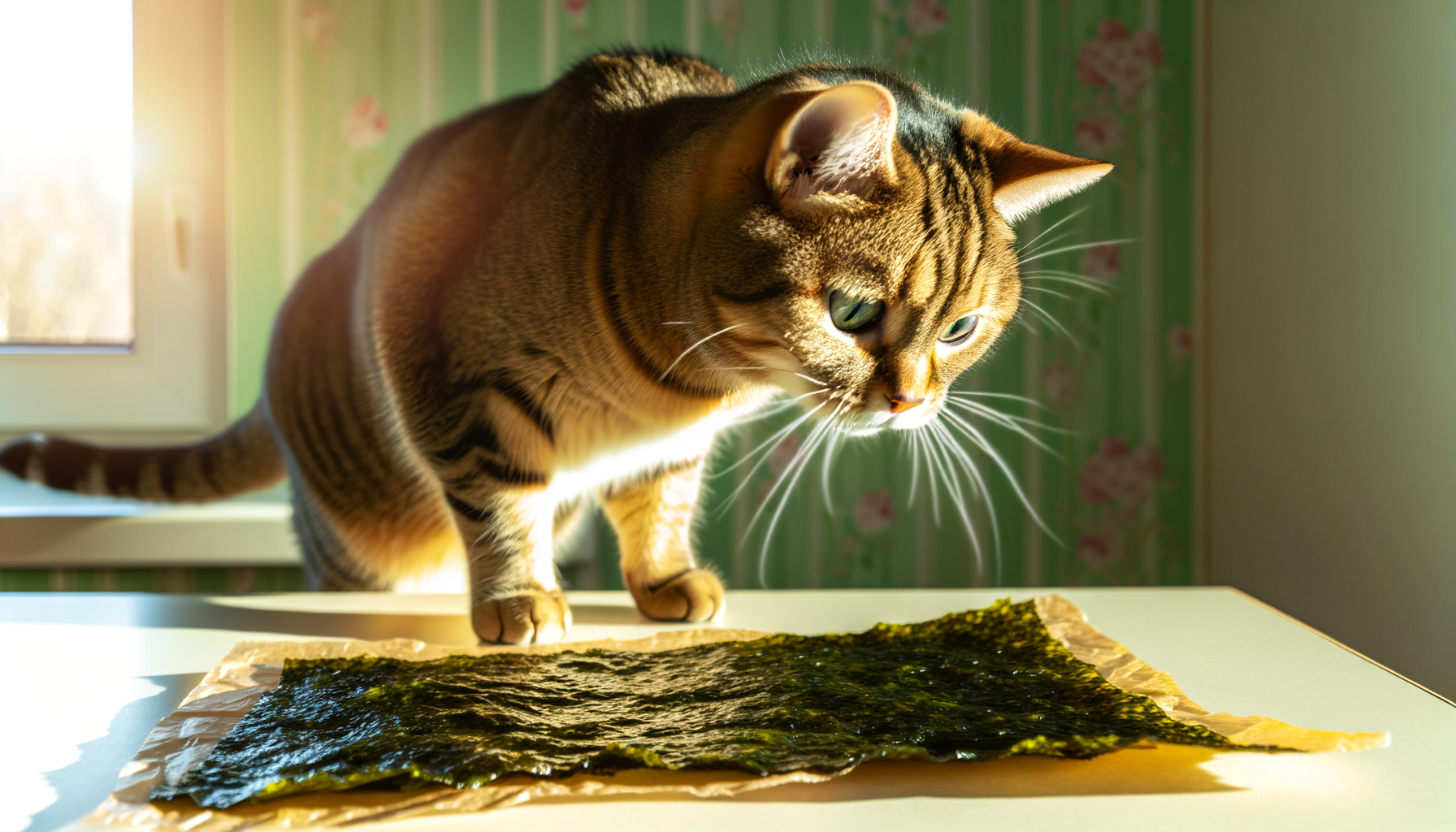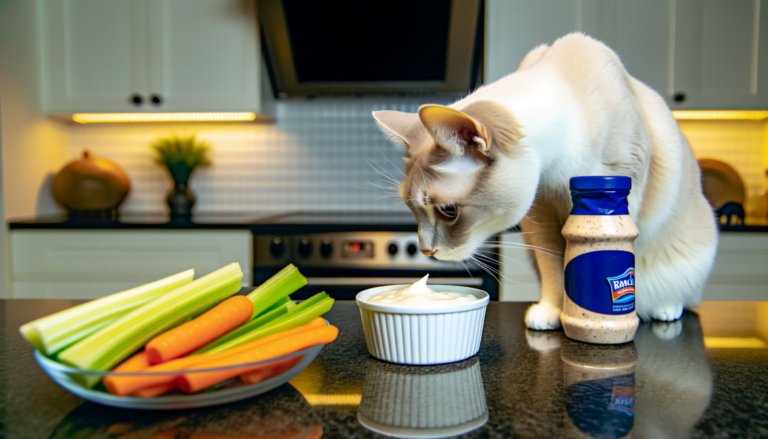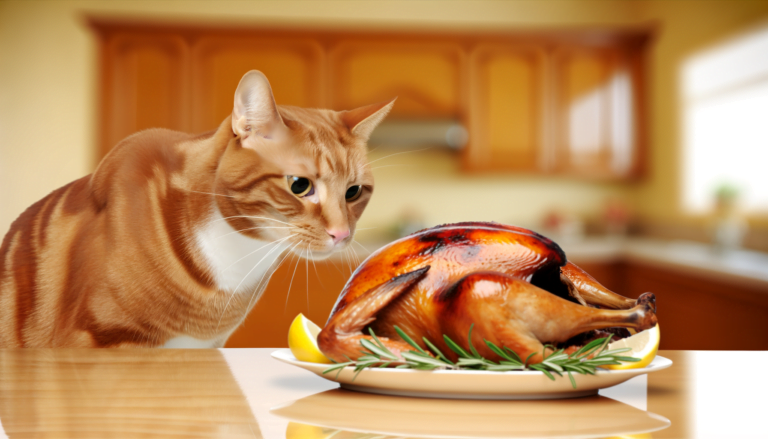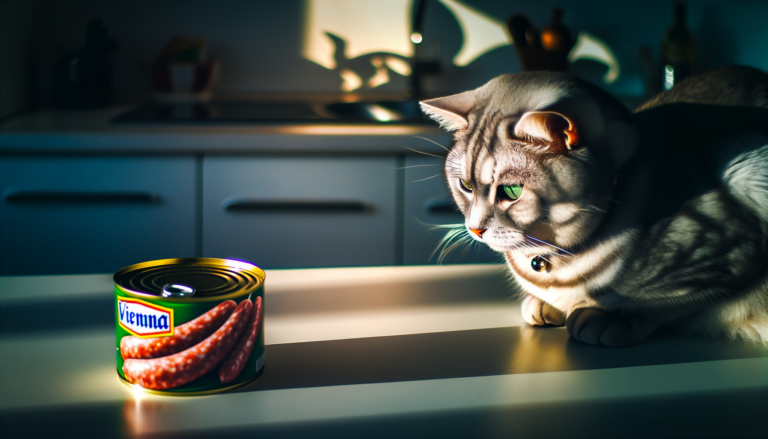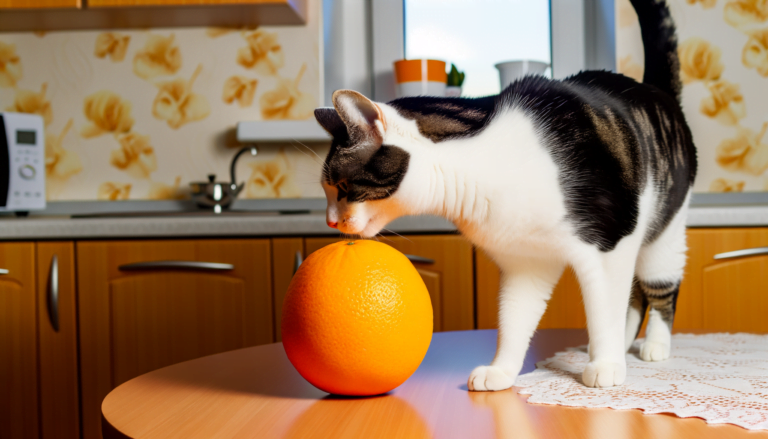Unveiling the Truth: Is Seaweed a Safe Snack for Your Feline Friend?
Yes, cats can consume seaweed in moderation. This marine plant is typically safe for them, providing beneficial nutrients such as fiber, protein, and an array of vitamins and minerals that can support their overall health. However, like any other food, it should not replace a cat’s balanced diet and should only be given as a supplement or treat. It’s also important to ensure that the seaweed is properly cleaned and free from any harmful substances or additives. Always consult with a veterinarian before adding new elements to your cat’s diet to ensure its safety.
Potential Risks of Cats Eating Seaweed
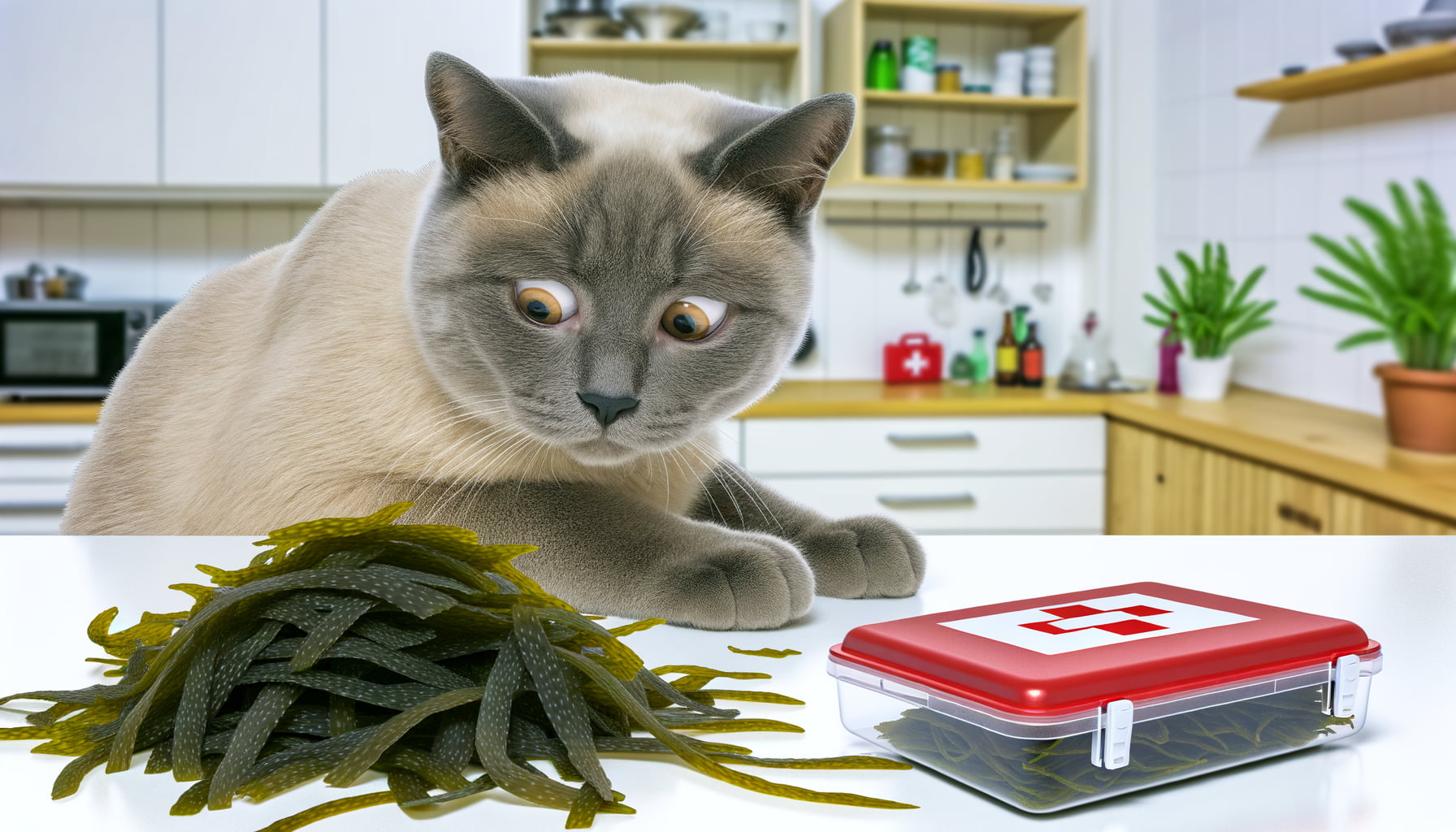
Cats indulging in seaweed may face potential risks. Despite its nutritional content, seaweed has elements that can cause health issues in cats. One of the primary concerns is the high sodium content. Overconsumption can lead to sodium ion poisoning, causing symptoms such as vomiting, diarrhea, high temperature, and even seizures. Therefore, moderation is key if you’re considering including seaweed in your cat’s diet.
The next risk factor is the possibility of gastrointestinal obstruction. Cats’ digestive systems are not designed to process large amounts of plant matter. Consequently, ingesting a significant amount of seaweed, especially dried variants that expand with moisture, can lead to blockages. This presents serious health risks, including suffering and possible surgical intervention.
Lastly, not all seaweed species are safe. Some seaweeds often found on the beach, such as Desmarestia, produce harmful sulfuric acid. If consumed, it can cause severe harm to your cat. Owners should be cautious about the sources of seaweed they provide their cat, seeking only verifiable, high-quality, and safe products designed for feline consumption.
Nutritional Content of Seaweed: Can it Benefit Cats?
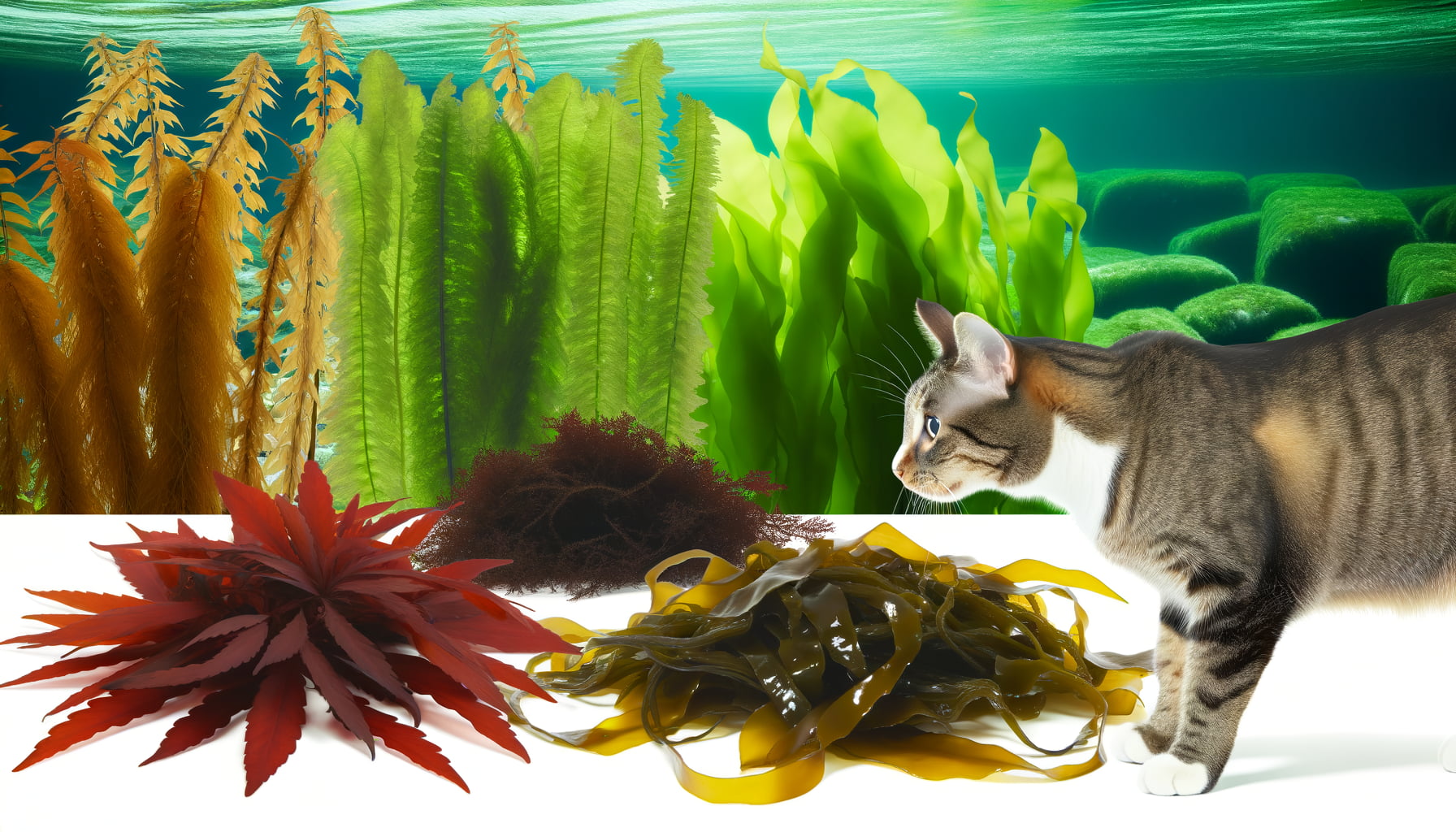
Exploring the nutritional content of seaweed, it’s undeniably rich in essential nutrients. Vitamins such as B12, high levels of iodine, and a range of minerals are all packed into these marine plants. Specifically, Vitamin B12 is vital for a cat’s nervous system and iodine regulates thyroid function, suggesting potential benefits for cats.
Moreover, seaweed is a source of quality fiber, which can promote good digestive health in felines. The inclusion of Omega-3 fatty acids, known for their anti-inflammatory properties, offers another potential advantage to cats from a nutritional standpoint.
However, it’s crucial to note that cats are obligate carnivores. Meaning, their bodies are designed to derive nutrients primarily from meat. Thus, while seaweed may provide certain beneficial elements, it can’t replace a balanced, meat-centric diet for your feline friends.
Vet’s Take: Cats and Seaweed Consumption
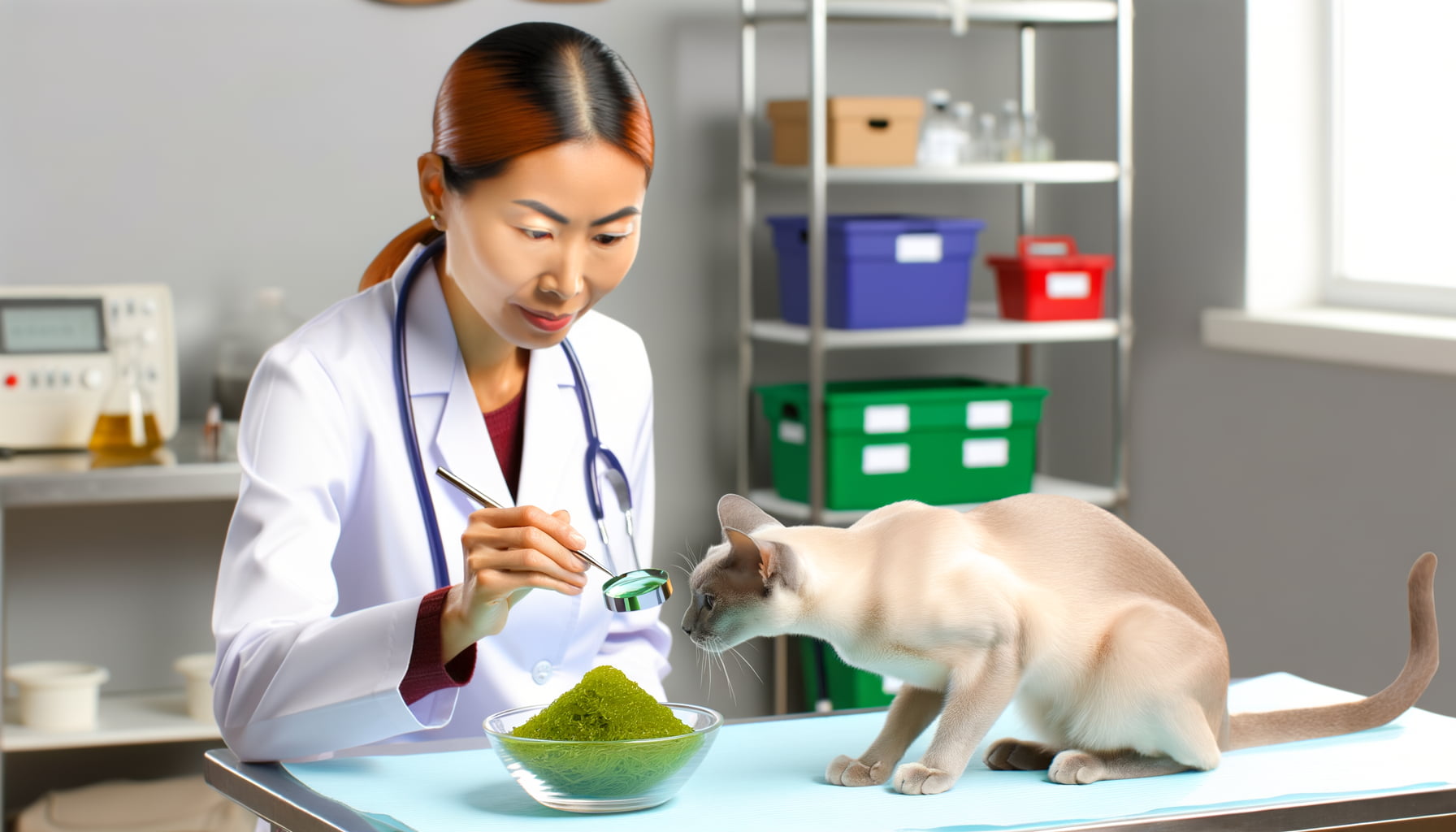
From a nutritional perspective, seaweed gives cats access to various beneficial elements. Vitamins, minerals, and fibre are packed into this marine plant, contributing to a balanced diet. Moreover, seaweed can aid digestion in cats which is a point worth factoring into the larger scope.
However, the consumption of seaweed isn’t entirely free of complications. Each cat strays from the norm in its own way, and this is no different when it comes to seaweed. Some may experience digestive discomfort and in rare cases, too much could lead to an unhealthy build-up of certain minerals. Advice varies, but moderate consumption is usually the safest route.
In conclusion, cats can indeed snack on seaweed, although moderation is key. As a responsible pet owner, pay close attention to your feline’s reaction to seaweed. For accurate information catered specifically to your cat’s circumstance, consider seeking guidance from your vet.
Understanding the Feline Diet: Carnivores by Nature
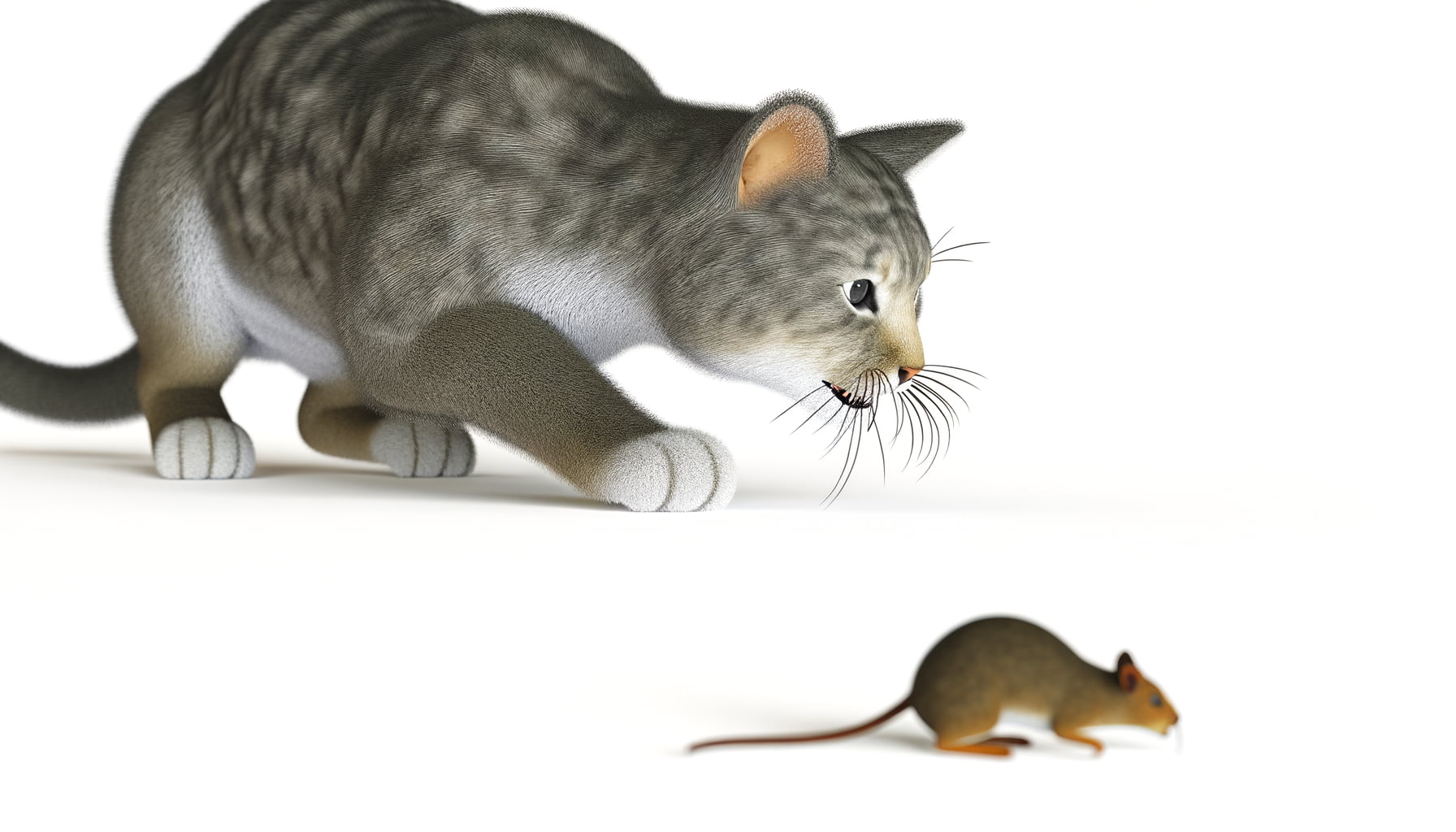
Comprehending the nature of a cat’s diet is essential in determining whether certain foods, such as seaweed, are suitable for them. By instinct, cats are obligate carnivores. Their dietary composition largely comprises some form of animal protein, ingrained by their hunting instincts since ancient times. This predilection towards a meat-based diet comes from the unique physiological design: their sharp teeth for tearing meat, short intestines for efficient digestion, and an array of essential amino acids that can only be adequately sourced from animal protein.
This dietary structure of cats represents a stark contrast to human diets, which tend to be more omnivorous in nature. The question then arises: Can non-animal food sources such as seaweed find a place in a cat’s diet? Understanding this requires a deep dive into the nutritional content of seaweed and its potential benefits or detriments to a cat’s health – information which will be further elucidated in the subsequent sections of this article.
Although cats are natural carnivores, this does not signify that they can’t benefit from plant-based foods whatsoever. However, such exceptions should be thoroughly reviewed and approved by a veterinarian to ensure the safety and nutritional adequacy of the cat’s diet. Even so, cat owners must remember that such additions must be supplementary at best, and cannot replace the requisite protein-dense food that forms
Conclusion
After careful consideration and research, it is evident that seaweed can be a safe and beneficial snack for your feline friend. With its nutrient-rich profile and potential health benefits, incorporating seaweed into your cat’s diet in moderation can be a valuable addition to their overall well-being.
While always advisable to consult with your veterinarian before making any dietary changes for your pet, the evidence supports that seaweed can be a safe and enjoyable snack for your beloved feline companion.
